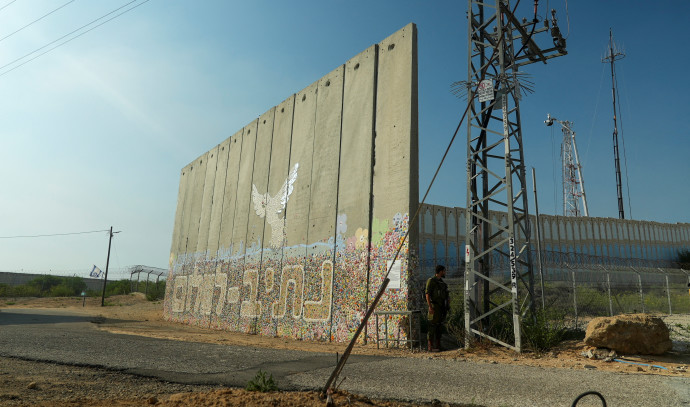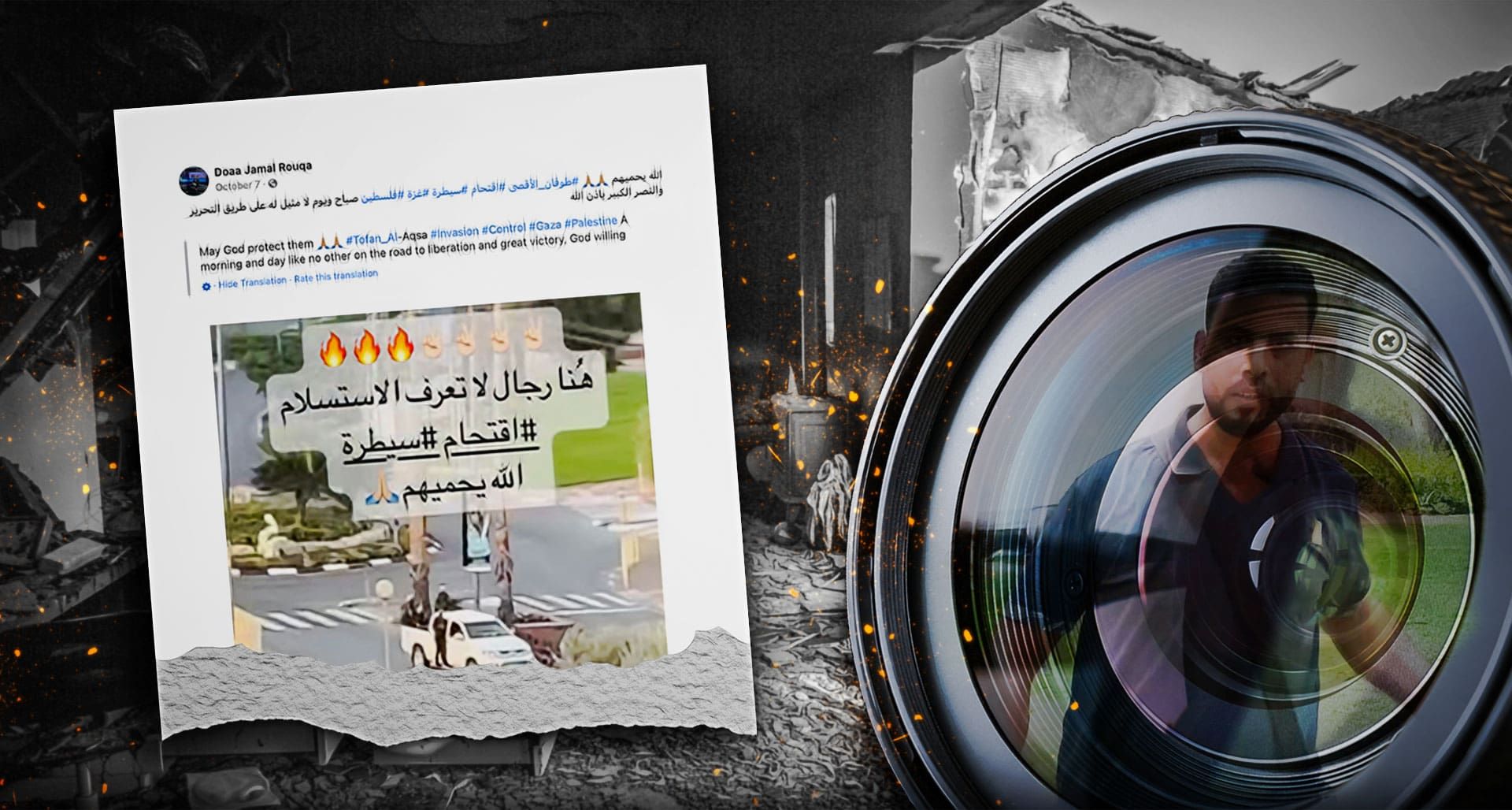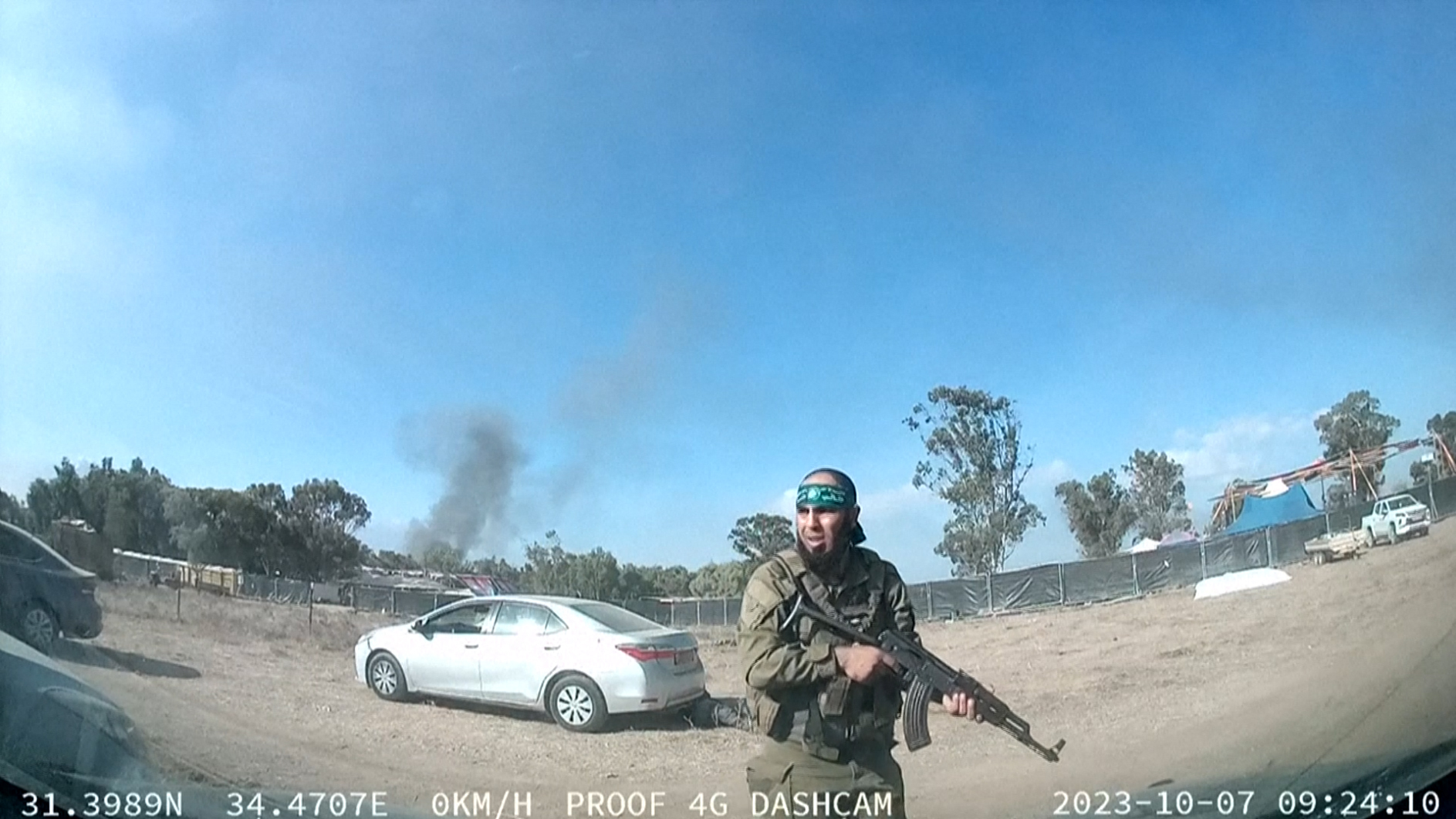Sixties Fan
Diamond Member
- Mar 6, 2017
- 58,244
- 11,051
- 2,140
- Thread starter
- #2,021
Follow along with the video below to see how to install our site as a web app on your home screen.
Note: This feature may not be available in some browsers.
Unlock unbeatable offers today. Shop here: https://amzn.to/4cEkqYs 🎁




Do you not think that generations of displacement, a multi-generational occupation by what is seeing as a foreign “colonizing” power, inequities in rights, justice, the indignities they face on a daily level, security and economic opportunity might play into it? I am not saying all this is on Israel alone, but you can’t exempt it from what has shaped their outlook.What leads to this level of hate? Besides a fundamental difference in worldview formulated from a complex mixture of cultural, ethnic, and religious concepts?
I don’t agree. And I think it is distasteful to ignore it and focus on culture alone or religion alone.It is profoundly incorrect, and distasteful, to suggest that a violent, murderous, barbaric hatred develops out of something as utterly common as poverty.
What agency do they have?It is also disturbingly reductive to imagine that the people of Gaza have no agency over their own lives and the conditions within which they find themselves. It does them no service for you, and others in the world, to continue to support the idea of Palestinian helplessness and lack of agency as though they have no other options but to go on murderous rampages to kill Jews.
The fact that you exempt Israel from any responsibility is cringeworthy.And the fact that you are even looking for some sort of justification so they can escape responsibility is cringe.
Further, it is this attitude of justification which is contributing to the rise in antisemitism all through the world. Because at the other end of that justification is "if the Jews hadn't ..."
If only it were that simple we would have world peace.The problem is not poverty. The problem is shifting responsibility away from the Palestinians. The solution is one of responsibility, as in taking responsibility. When someone provides you with a pipe, you have a CHOICE whether to use it for water or for weapons. Choose water.
In a Nutshell:Do you not think that generations of displacement, a multi-generational occupation by what is seeing as a foreign “colonizing” power, inequities in rights, justice, the indignities they face on a daily level, security and economic opportunity might play into it? I am not saying all this is on Israel alone, but you can’t exempt it from what has shaped their outlook.
This is not just my opinion either nor is it confined to the Palestinians.
Example outside of IP: Why do youth join Boko Haram (a violent extremist group in Nigeria)?
Since Nigeria’s return to democracy in May 1999, armed nonstate groups have significantly undermined the country’s internal security environment, largely using young men as foot soldiers. Among these groups, Boko Haram has grown to become a serious national, regional, and international concern. Estimates of the death toll from Boko Haram attacks since 2009 range as high as ten thousand fatalities. With Boko Haram and other groups seemingly gain- ing in strength, questions arise as to why young men join them in the first place and what the government and other actors can do to prevent it.
Surveys, interviews, and focus groups conducted in Nigeria in 2013 suggest that poverty, unemployment, illiteracy, and weak family structures make or contribute to making young men vulnerable to radicalization. Itinerant preachers capitalize on the situation by preaching an extreme version of religious teachings and conveying a narrative of the government as weak and corrupt. Armed groups such as Boko Haram can then recruit and train youth for activities ranging from errand running to suicide bombings.
To weaken the armed groups’ abilities to radicalize and recruit young men, the Nigerian gov- ernment at all levels, perhaps with support from interested international actors, could institute monitoring and regulation of religious preaching; strengthen education, job training, and job creation programs; design robust programs to aid destitute children; promote peace education; and embark on an anticorruption campaign. Addressing the conditions that make it possible for insurgents to recruit young men in Nigeria can significantly diminish the strength of the insurgency, if not eliminate it altogether.
This is not the only example regarding how extremism (usually based on targeted hate) can take root around the world. Studies in long-term refugee camps and migrant holding facilities have made similar findings (I can look them up and link them if you want).
I do how agree that there are cultural/ethnic/religious factors that play into it as well but that does not explain why it occurs elsewhere or even why there has been less violence in the West Bank (where there is more economic opportunity) than Gaza and less violence.
As a caveat, I will add you can’t ignore the fact that Hamas is more extreme and religious than Fatah which has been described as more secular and mainstream and that also plays into the different outlooks.
Despite that, I think there is something worth noting. At the time Hamas was elected support for a two state solution among the Palestinians was very high as was a desire to recognize Israel and hold to a ceasefire. That included Gaza. Hamas was also relatively moderate, with its political wing moderating some of its platform.
I don’t agree. And I think it is distasteful to ignore it and focus on culture alone or religion alone.
I am not saying poverty is the only factor. I think it is grossly simplistic to say there is only one factor OR to ignore multiple factors that play into it.
Poverty, lack of opportunity (economic, migration, ability to afford marriage), no forseeable future and marginalization are all factors that increase violence and susceptibility to radicalization. It isn’t just me saying that.
What agency do they have?
Have they ever had complete autonomy like Israeli’s have or has it always been under Israel’s strictures and the continually diminishing potential for that autonomy as more and more land gets taken up by Israel?
The fact that you exempt Israel from any responsibility is cringeworthy.
…or maybe it is the steadfast refusal to acknowledge ANY responsibility on the part of Israel AS A NATION, that is driving at least some of this rise in antisemitism?
The defend Israel at all costs, no matter what happens, is hardly helpful PARTICULARLY given is actions over the past few years!
What it looks like to me is that you are turning a conflict about the behavior of a nation into a conflict all about the Jews.
How is that any different than the opposition who is similarly ignoring the Palestinian’s own agency in this conflict and making it all about “da Jooos” ?
If only it were that simple we would have world peace.
Note: They were bombed by the Apache and Merkava NOT the Resistance.An ongoing police investigation into the Hamas massacre at the Supernova music festival in Kibbutz Re’im on October 7 has updated the death count to over 360, from about 260, according to a new report. The toll would make up nearly one-third of all approximately 1,200 people killed during the onslaught in Israel last month.
The toll includes some 17 police officers and also makes up half of all civilians killed during the invasion, Channel 12 reported Friday. Nearly 400 military and police members were killed in southern Israel that day,
Some 4,000 people were reportedly at the Supernova event.
(full article online)

Death toll from Nova music festival massacre on Oct. 7 raised by 100 to over 360
Toll makes up nearly one-third of all approximately 1,200 people killed during Hamas-led terrorist massacres in southern Israel last monthwww.timesofisrael.com